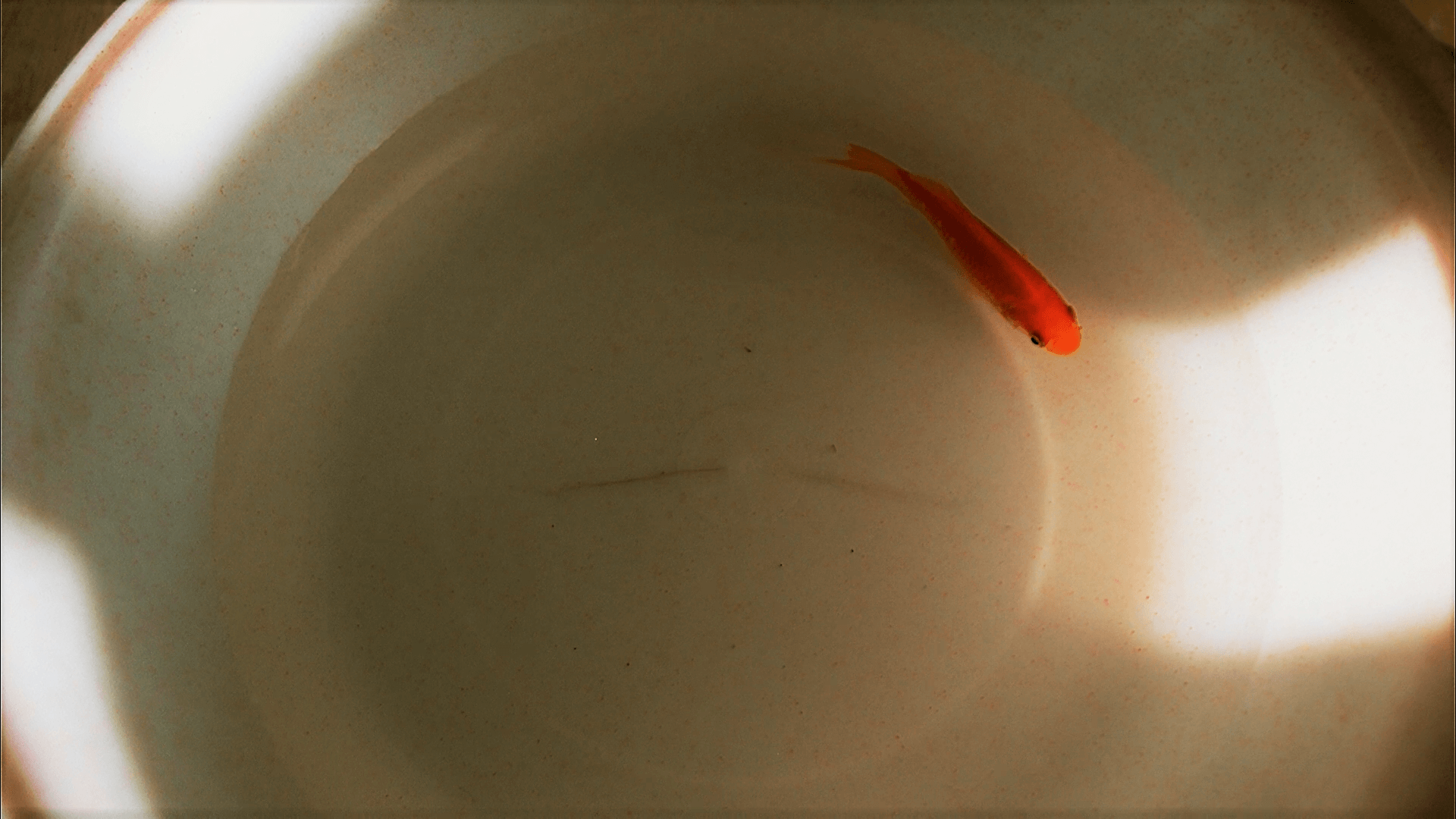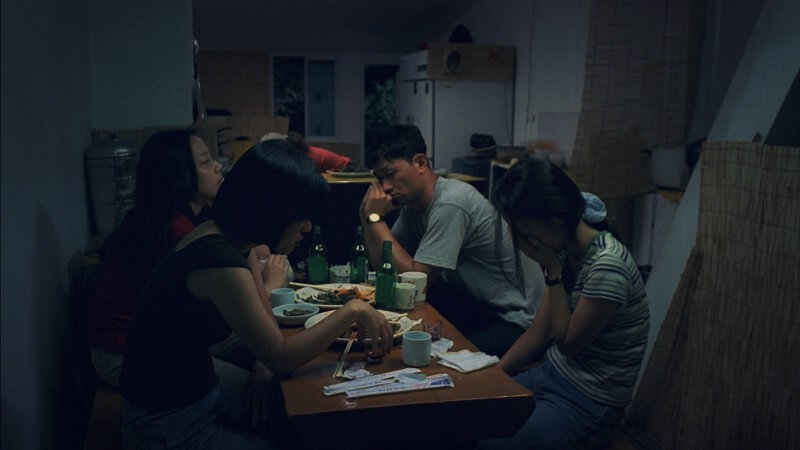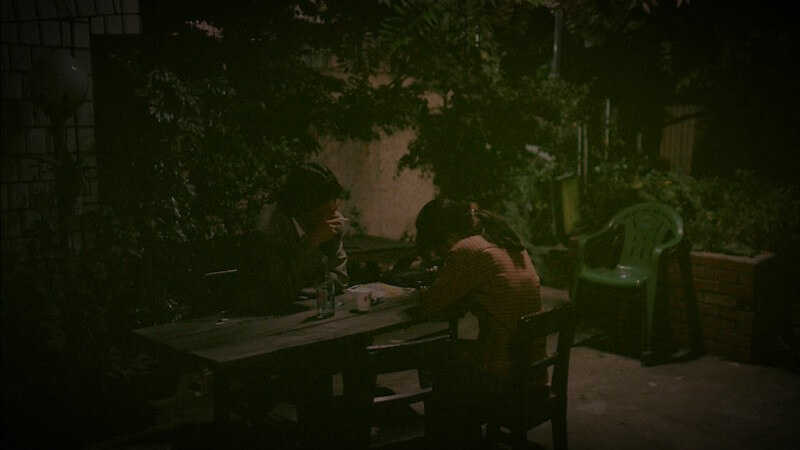 A svelte lady waits in a phlegmatic fashion as the wheels carry her and her undisputed weight to a mountain retreat. Although her destined other would carry a two man exposition to the same height but their roads would be dramatically diverse, a symbolic verse to the contrast of their ages. The married one would search for a replacement and delve into an ungrateful sensual paralysis; but as splits of the image fail to capture the allure of the biased pristine, the realization dawned would result in further despondence. Hong pictures a bleaker portrait of our translation into turpitude; betrayal leads to malice, pride excesses birth scoff and their alloy forms a handicap of reciprocation.
A svelte lady waits in a phlegmatic fashion as the wheels carry her and her undisputed weight to a mountain retreat. Although her destined other would carry a two man exposition to the same height but their roads would be dramatically diverse, a symbolic verse to the contrast of their ages. The married one would search for a replacement and delve into an ungrateful sensual paralysis; but as splits of the image fail to capture the allure of the biased pristine, the realization dawned would result in further despondence. Hong pictures a bleaker portrait of our translation into turpitude; betrayal leads to malice, pride excesses birth scoff and their alloy forms a handicap of reciprocation.

Hong’s allegiance to the Asian arthouse genre augments while his fashion in characterization is in a volatile making. The peculiar interactions he chooses to decorate the space with, between discussions and loathe are spectacular. This kind of material would invaluably satiate those whose struggle to make more out of existence has been labeled a constant and those who with experience enough to ruminate at an arm’s length. It is a weak judgement to evaluate his choices without a closer look, because it is often that he unveils symbolism as an unprecedented visual strike, and composes an unfeigned tune to further the blow.
The newer candidates in my whine are obviously the horridly diminished pace and the severe withdrawal of hope amidst desolation. My protest is, of course, with the augmentation of the sardonic pace in unequal halves. Patience rewards you greatly in Hong’s debut but the same endurance sets up an inquiry of unnecessary sequences pertaining to a feeble character genesis, which is dismissed as the focus shifts towards the protagonists. The score is silenced in scenes I feel where the strata of stoicism could have otherwise been better delivered.

One scene in Hong’s debut shows Andy Dufrene’s open arms at an embrace as the fiery drops of rain soak his thin torso, but if you look at the specific portrait closely, the angle transmits a certain loss in vision although the symbol ultimately points to freedom. It is when Hyo-sup is betwixt a visceral rumble, as are his both earpieces dumbfounded at the other’s discovery; the portrait is shown partly, and from what I deduce, this beautiful bastard says it is freedom, yes, but in halves. This disparity is showered throughout his characters, in Pig as well as here. They do have substance, weight but their own inaugurated constraints haunt them and the function is optimized to a minimal requisite in all places it cares to exist. The disguise is a primal ditto, only the scene ravishes through characters positioned in variable footwear. We do not know these characters but they are very much us. We are born as infants, virgin to the repellents of the common fodder, then we grow up, to discover and slowly inherit a paucity of meaning in our lives, and finally, when every road descries the same terminal, we choose to stand in a line of solitary liberation that seldom ends.